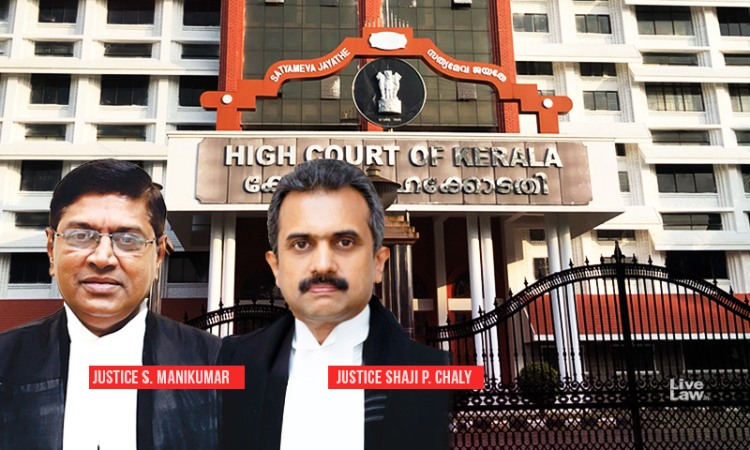The Kerala High Court while disposing of a Public Interest Litigation (PIL) assailing the reforms introduced by the new Lakshadweep Administration, reiterated that a writ court can only consider a policy matter if there was any arbitrariness, illegality or unfairness on the part of the authority while exercising the power conferred under law.Dismissing the PIL, a Division Bench of Chief Justice...

